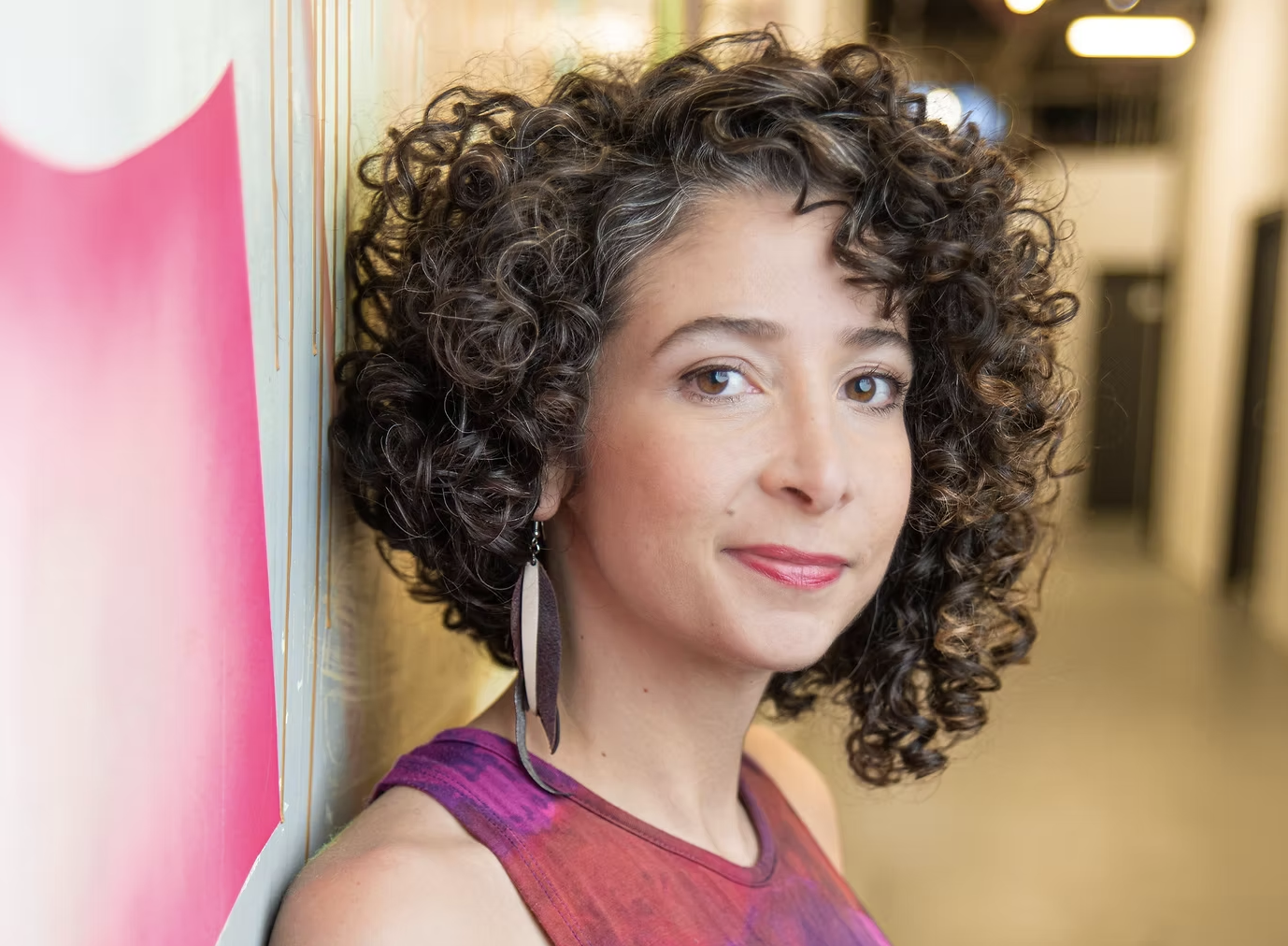Hi! My name is Yasmin
My path to becoming a therapist began with my own healing journey—years of inner work and therapy that taught me the transformative power of compassion and curiosity. Through my own journey, I came to believe that healing is possible—with intention, support, and a willingness to face what’s hard. That truth continues to shape how I show up for myself—and for others.
I’m Palestinian and grew up across several countries in the Middle East before moving to North America as a teenager—an experience that shaped my understanding of identity, displacement, and belonging. After a decade in Toronto, I recently left the city in search of a slower, more intentional way of living. Today, I live rurally in Ontario with my partner and our two cats, surrounded by forest and the steady sound of a nearby stream. Being here is part of a personal commitment to restore a sense of connection to land—one rooted in presence, reciprocity, and care.
My lived experience and cultural identity are at the heart of my work. As someone who has witnessed how systems of oppression and marginalization impact our sense of self, I bring a strong commitment to cultural humility and sensitivity to the therapy room. I don’t assume—I ask. I stay curious.
Before becoming a therapist, I spent years in the technology and corporate world. That part of my journey gave me firsthand insight into how stress, burnout, and the pressure to conform can erode our well-being. It helps me support clients who are navigating workplace challenges, life transitions, and questions of identity with empathy and clarity.
Although I work with clients individually, I believe that healing doesn’t happen in isolation. My approach is grounded in a holistic, collectivist perspective that recognizes our interdependence and the ways our struggles are shaped by larger systems and relationships. Rather than relying solely on Western, individualized models of care, I draw on practices that honour connection—to self, to others, to land, and to community.
I live and practice on the traditional, ancestral, and unceded territories of the Anishinaabe, Haudenosaunee, Huron-Wendat, and the Mohawks of the Bay of Quinte. As part of my commitment to anti-colonial and decolonizing practice, I strive to learn from Indigenous ways of knowing and being, and to challenge the colonial foundations that continue to shape mental health systems today.
Thank you for taking the time to read my bio. I bring my full self to this work—with humility, care, and deep respect for the wisdom each person carries.
